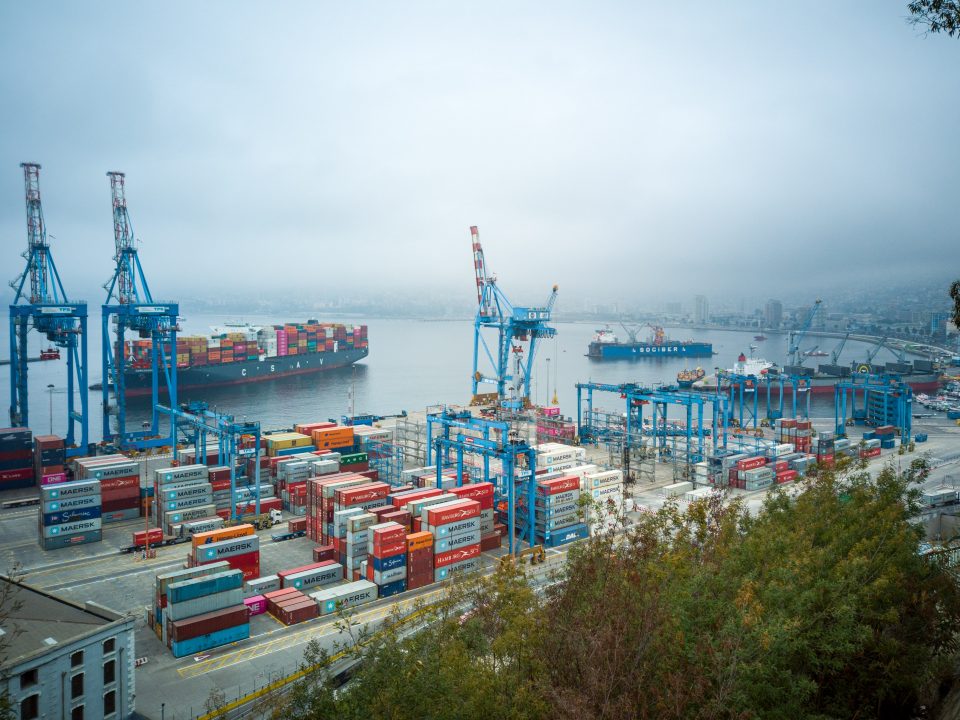Planning your shipping strategy is an essential part of running your eCommerce business. Crafting the right logistics route for your product delivery, from storage to your customer’s home, needs to achieve the best result with the least expenses. Optimizing this aspect of your operation will help you cut down on excess costs and focus on improving your sales margins.
Shipping strategies and eCommerce businesses
Like any learned skill, mastering the art of shipping for your eCommerce business is all about doing research. Shipping has its basic foundations that can apply to any delivery and package, regardless of what products you’re sending en route to your customers. Understanding the fundamentals of shipping will help you strategize the best methods to meet your company and customer’s needs.
If you’re not sure how to improve your shipping knowledge, here are three tips on planning your eCommerce business’s shipping strategy:
1. Understand your package
For any delivery, size plays a major role in how many you can pack in every shipping container. You need to know all your products’ measurements, from their weight and surface area to their length, width, and height. Having a record of these figures on hand will make it easier to know the minimum and maximum item deliveries you can put in every shipment.
2. Weigh down on your packaging
Besides your products’ weight and measurements, you should also consider your packaging material. If you want to impress your customers, it’s best to use custom packaging. This will give your brand a sense of credibility and authenticity.
Keep in mind that thicker and heavier packaging will eat up more space in your shipping container and considerably increase your delivery’s weight. However, choosing a lightweight material will cost less but can offer less protection to your items.
You need to find a middle ground that matches your delivery’s needs, especially if you’re shipping fragile materials. Whatever packaging option you choose, you need to consider that heavier shipments will generally cost more for logistics services, both for trailers and individual courier deliveries.
3. Make free shipping work
Once you know your deliveries’ ins and outs, you should now decide on shipping offers for your customers. Customers are quick to notice “free shipping” offers, which is why almost all eCommerce businesses use them. It’s never actually a “free” service; otherwise, small business owners would be bankrupt by now. This is why you need to know how to make free shipping work with your payment methods. Listed below are three strategies you can use to cover for free shipping:
- Increase product prices: While considering your product’s base price, you can include the estimated partial shipping expenses to offer “free shipping” that you will shoulder. This allows your customer to pay the full price while paying for the full margin for delivery requirements.
- Offer valuable incentives: You can offer limited-time discount codes or minimum order amounts to receive free shipping on your products.
- Charge for real-time carrier rates: Some customers prefer using a service that’s transparent about hidden costs. This is where you can partner with real-time carrier rates so that your buyers will know the exact quote for the delivery based on their location and chosen courier.
You can choose one or two of these options, depending on what fits best with your shipping costs. Keep in mind that your pricing should consider all your previous computations for shipping expenses to ensure that you’re gaining a profit.
Conclusion
Although the tips above can apply to all eCommerce businesses, you still need to consider state laws’ specifics for local deliveries or customs routine for international shipments. It’s why you must partner with a capable logistics provider that knows your operation’s particular needs. Having a competent business partner to handle your deliveries’ specifics will make it easier for you to focus on your company’s growth.
RJS Logistics is the company you should partner with if you need the best logistics carriers in Monroe, North Carolina. We maintain a seamless operation across the United States, Mexico, and Canada for a diverse set of commercial businesses. Contact us today for all your logistics needs!




